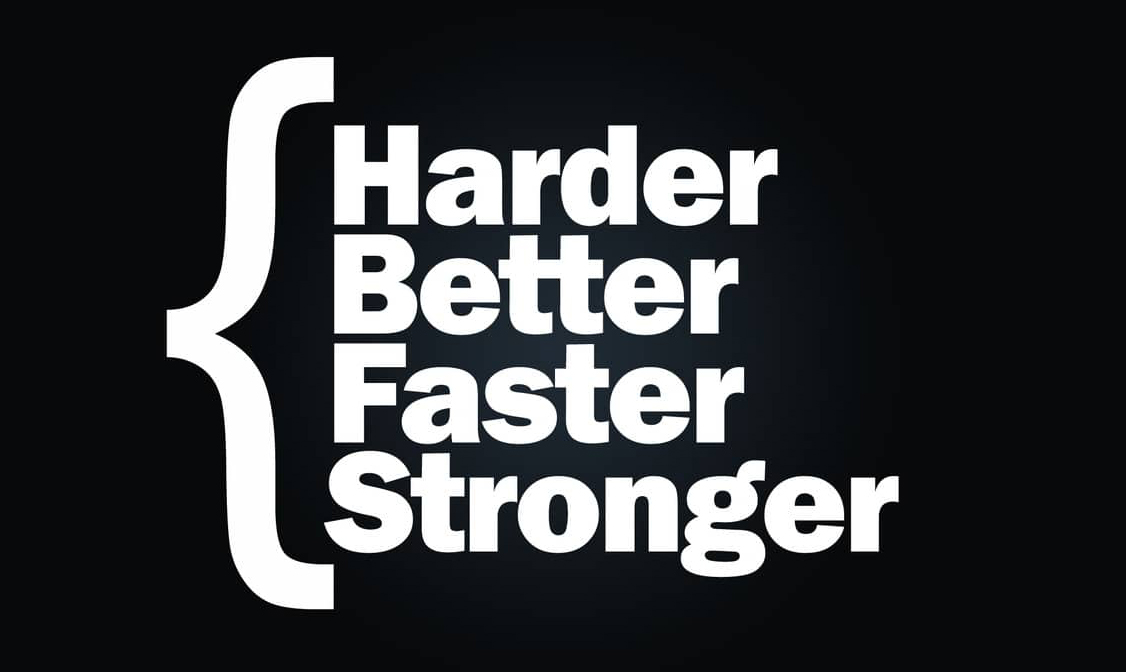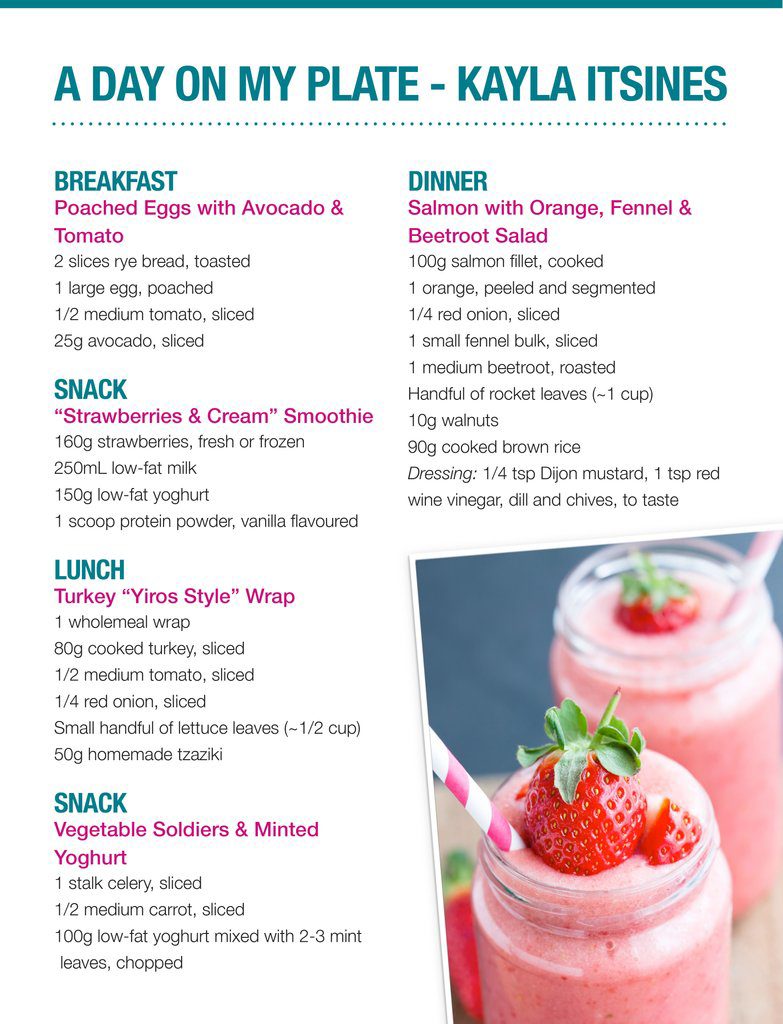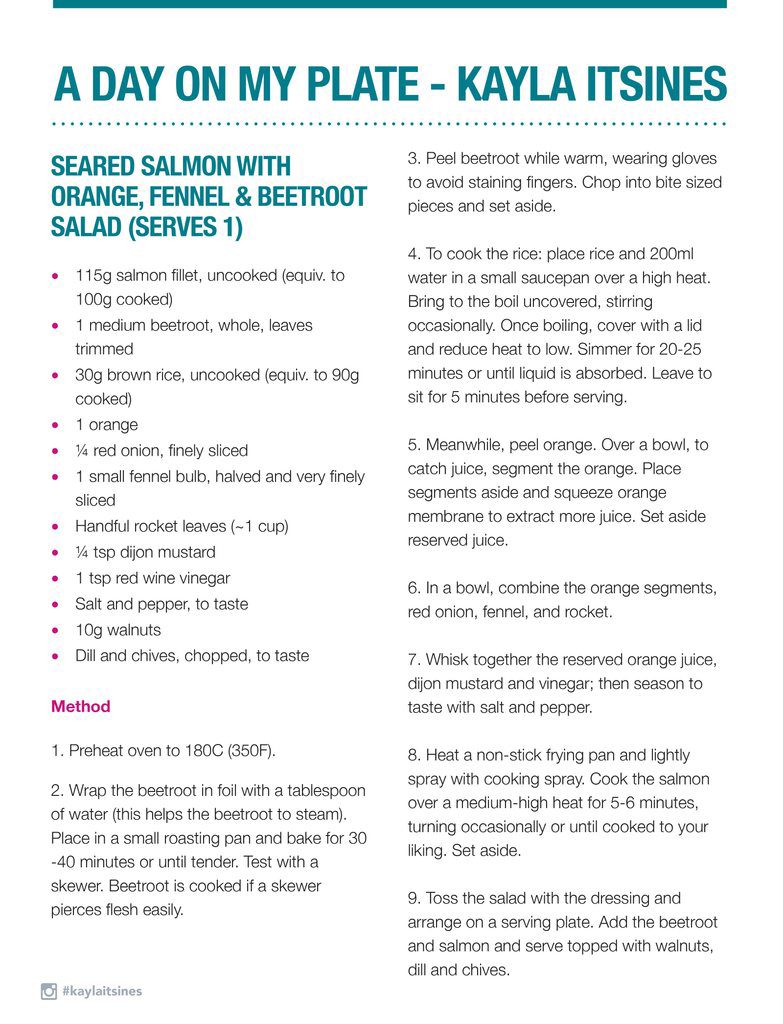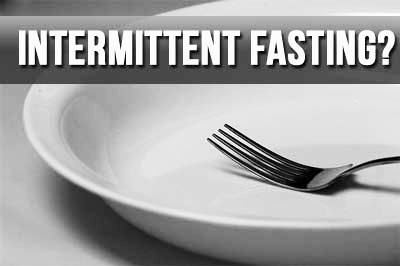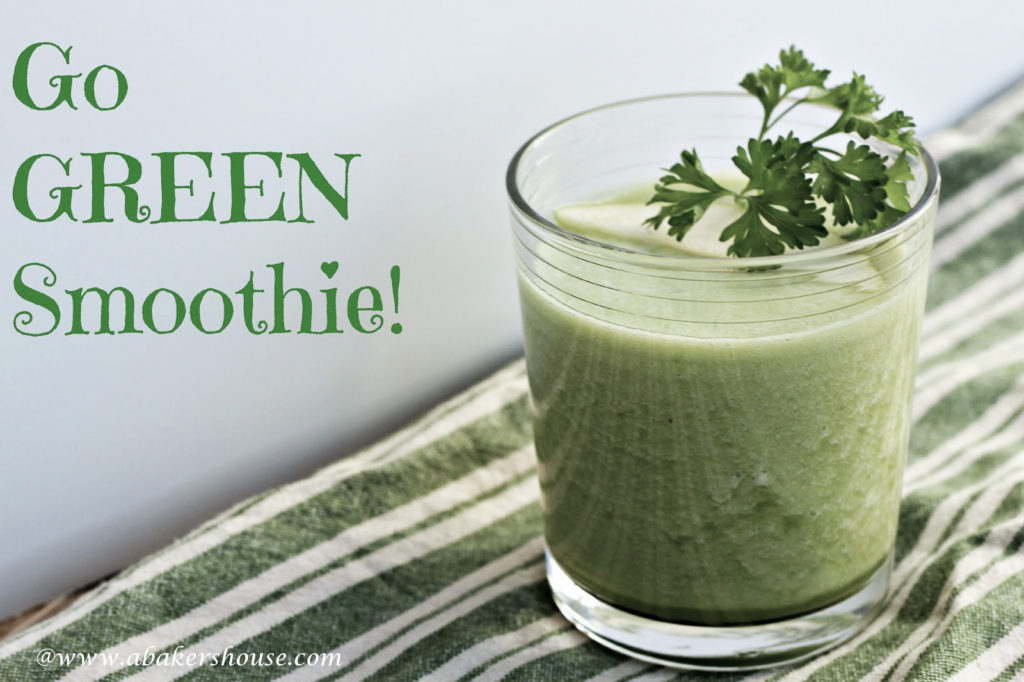So you want to drop the pounds with fat burning supplements. You want to burn the fat instead of chew it, right? Right.
(Who doesn’t.)
You read that correctly. There’s a period at the end of the word “doesn’t.” It’s a statement, not a question.

Literally everybody in America wants to look like a god or goddess. But, if the truth were told, most of us don’t exactly have the body for it. Most Americans don’t want to work for it either.
They’re kind of comfy where they are. Even when they’re not, they don’t have the right information to make the kind of necessary changes in their lives. Their goals are all screwed up.
That’s where yo-yo diets and quick weight loss schemes jump in. That’s where the marketers set their targets. That’s where the money is, you see.
And, that’s where fat burning supplements also enter the picture. Who wouldn’t want to pop a pill and instantly have the tire around his or her stomach simply melt away? We know we would.
Our hands are raised. “Pills here, please.”
But, that’s when that still, small voice inside puts a check in our brains. If we’re smart, we slow down and think things through. What does the science say?
Effective? Totally useless?
What’s the answer?
Thankfully, there are a lot of experts who have put in the effort finding out the answers to these questions. We present some of that information for your benefit below.
First though, we think it makes sense to go over some of the psychology as to WHY so many people get onto diets. It makes sense to see why they start taking fat burning supplements (weight loss supplements) to begin with.
Without further ado then, here’s a TED Talk at an official TED conference by Dr. Sandra Aamodt.
Why Dieting Doesn’t Usually Work
When it comes to the good, bad, and the ugly concerning fat burning supplements, we want to give the guys at bodybuilding.com the first say.
[thrive_leads id=’135′]
Here we go:
5 Truths About Fat Burners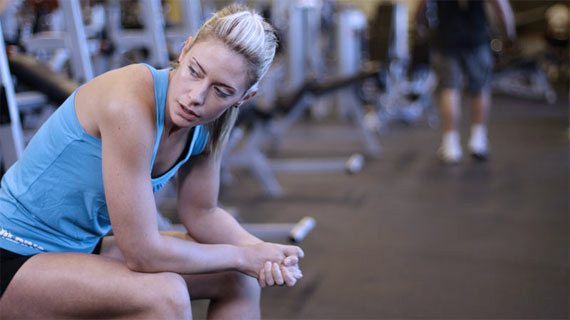
“Fat burners can be an effective weight-loss aid when used properly. The first step is learning to avoid these 5 potential pitfalls.
You’ve heard of fat burners, the pills that can make fat melt off your body like ice cream from a kid’s cone, right? Not exactly. Fat burners are supplements. They’re designed with ingredients that can really give you an extra boost to help burn fat. But they can’t replace a solid diet and exercise plan.
Think of fat burners like a scope on a sniper rifle, only you’re trying to shrink fat cells. Diet is the gun, the heavy artillery; exercise is the firepower; and fat burners may help you aim a bit better and kill fat more efficiently. But fat burners don’t work to their best effect when they’re used improperly. Usually, it’s because people don’t take into account the following five basic concepts for using a fat burner efficiently to lose weight. If you follow, the next fat burner you invest in may help you trim the fat and reveal that body you’ve been working hard to build.
DIET IS 80 PERCENT OF THE WEIGHT-LOSS BATTLE
One of the biggest mistakes that many people make is thinking they can just take a fat-loss support supplement and weight-loss results will be theirs. They think the fat burner is the miracle solution they’ve been looking for. But sticking to a calorie restricted diet is 80 percent of your battle. If you can do it and stay consistent with it, then you’ve done 80 percent of the work. The rest is exercise, time, and you can get extra help from supplementation.

Fat burners can help enhance fat loss, but they’re only going to do so if a proper diet is in place …
ENSURE YOUR WEIGHT-LOSS EXPECTATIONS ARE REALISTIC
Stay realistic with your expectations. Some people believe if they’re using a fat burner, they should be able to melt pounds of fat off each week. Not gonna happen.
While your rate of fat loss can be enhanced, you won’t be dropping 10 pounds in a week simply because you’re using the supplement. Remember: A safe rate of fat loss is 1-to-3 pounds per week for average, healthy individuals. You can push this rate up to 4 pounds per week, but it’s not sustainable. Eventually, your body will hit a plateau and fat loss will slow.
If you’re dropping weight too quickly, on a fat burner or not, you could be losing lean muscle mass …
MORE IS NOT BETTER
Fat burners are designed specifically to give you the proper doses of various ingredients to support fat loss. But that doesn’t mean that the more of the ingredients you take, the more results you’ll see. Supplement manufacturers state the serving guidelines and directions so you can have a way of measuring what dose works best for you.”
There is a ton more in this article, and you won’t want to miss it.
So, to head over and read it after you’ve read THIS article, just click on the article title above or the image directly beneath it.
Now that you have an idea that you actually have to do more than pop a pill for effective, and lasting, fat loss, you need to know WHICH fat burning supplements are on the light side of the force.
Right?
Of course right. So let’s take a look at the good, the bad, and the ugly as told by Sol Orwell over at simplyshredded.com.
Fat Burners: Hype and Lies Although Now with a Grain of Truth
The “Good”
5-HTP:
We’re about as surprised as you are to see something recommended by Dr. Oz up here. Except unlike Dr. Oz, we need to add some conditions. 5-HTP is effective in reducing hunger (it makes you feel full) [1-3] without inherent fat burning properties. It’s works in obese people according to research. It requires high oral doses (300-500mg), and it is only recommended for short-term usage. Lastly, if you are on antidepressants or antipsychotic drugs, do not take them.
Green tea extract:
Green tea extract (particularly the catechins) are unreliable as a fat burner. This is because their main mechanism of action varies depending on your ethnicity (genetics!). If taking green tea extract with a fat burner causes nausea (and it isn’t just due to the bitterness of old tea), then it’s likely working. Otherwise, it’s very healthy and can suppress your hunger (and some people find it tasty) …
The “Bad”
Raspberry Ketones: Welcome to marketing hype. There are currently no human studies that looked at RK by itself. RK helped with hair growth in one study. There is another in which RK was an ingredient in a fat burner with a dozen other compounds. Even the science of RK doesn’t make sense, as the dosage would be so high that you would essentially need to be injecting it.
Conjugated Linoleic Acid:
Also known as CLA, it’s the definition of unreliable. CLA has a ton of studies, [5-8] and a few show it could possibly burn fat. At the same time, there is a lone study that showed it could cause fat gain! CLA seems to affect people in completely different ways, and thus it would be a bad idea to generalize it as a fat burner. CLA does work amazing in rats and mice (at least until they get fatty liver and die), but neither of those two conditions seem to translate to humans …
The (potentially) “Ugly”
Green Coffee Extract: Yup, another Dr. Oz recommendation. Green coffee extract (GCE) is an extract that is highly concentrated for a molecule known as chlorogenic acid. Chlorogenic acid actually appears to be promising for reducing blood pressure and improving cardiovascular health, but is marketed for preventing carbohydrate uptake from food. While it appears it could do so, all of the research out there is not only confounded, but mostly funded by the companies that would make large profits …”
There is a lot more information on the various, popular fat burners in this article. It’s therefore worth taking the time to head over and check out the full thing.
In the meantime, we hope you’ve decided that IF you use fat burning supplements at all, that you use those with some science behind them. Moreover, even then … we hope you’ll be smart, and put in the lifestyle changes necessary to make ANY fat burner (supplement or routine) truly effective.
Now … go and share this article on fat burning supplements with someone on Facebook or Pinterest!

